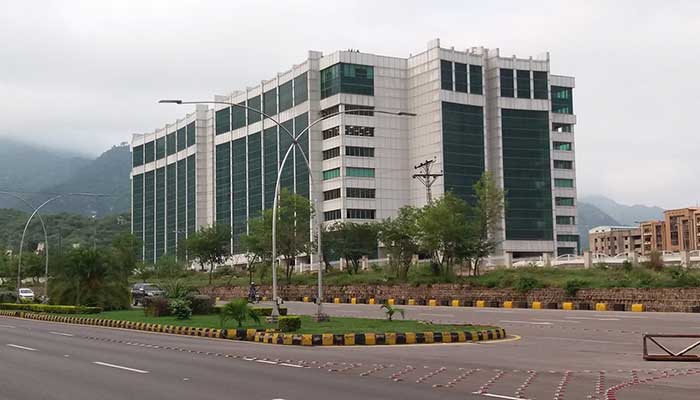How effective is the ministry of inter-provincial coordination during a pandemic?
The current coronavirus crisis is one of too many examples where ministry is gravely needed
April 21, 2020

My organisation, the Formation Awareness and Community Empowerment Society (FACES) Pakistan, has been working with the Ministry of Human Rights in Islamabad and the Government of Punjab since a while now, to ensure that ignored communities in the country are strengthened, empowered and educated.
Now, each province in Pakistan has a diverse range of issues it needs to address. Yet, one common thread amongst all four provinces is lack of coordination, between what happens in Islamabad and what happens on the ground in Punjab, Sindh, Khyber Pakhtunkhwa and Balochistan.
This absence of synchronisation, and feedback, has become more jarring in the wake of the coronavirus pandemic, where each province seems to be following its own plan and trajectory.
Things were no different in the past. A few years ago, a judicial order led to the formation of a body called “the National Commission for Minorities”, under the federal ministry of religious affairs. Its task was simple: safeguard the rights of religious minorities across Pakistan, by ensuring that laws are implemented through law enforcement agencies.
Also read: Provincial, federal govts should be unified in coronavirus response, says CM Sindh
But there were some problems. The body was not formed through an executive order, hence it did not have the status of a national commission. Separately, it had no alignment or proper mechanism of coordinating with the ministries of religious affairs in the provinces when reporting cases of rights violations. In the end, the commission became ineffective.
Similarly, coordination between the federal ministry of human rights and its provincial counterparts is disjointed. Each has its own rules and policies. Human rights is a matter of broader national and international concern, which is why it is important for all ministries and departments, provincial and federal, to have one consolidated policy and structure with aligned objectives.
Last month, a 15-year-old transgender boy was gangraped in Faisalabad. It took over 24 hours to register a FIR. The case was referred to Shireen Mazari, the minister of human rights in Islamabad. From where it was probably referred back to the province where the crime occurred.
Such a lengthy process should be cut short and a central body set up to ensure that cases are taken up immediately and that there are follow ups.
There is, however, a minister who can help: the minister for the Inter Provincial Coordination Division. In Pakistan, we have a full fledged ministry, linked with the chief ministers of each province, whose only job is to coordinate between provinces.
One of the key points of the TORs of the inter provincial coordination ministry is to “promote uniformity of approach in the formulation of policies and their implementation by the provinces and the federal government in all common fields of national concern.”
Another one of its tasks is to discuss “policy issues emanating from the provinces that have economic, social or administrative implications for the country as a whole.”
The current COVID-19 crisis is one of too many examples where the Ministry of Inter-Provincial Coordination is gravely needed. While a National Coordination Committee exits and meets every day to guarantee that all provincial heads are heard, the inter provincial ministry could be the main conduit for all ministries and international humanitarian organisations wanting to help Pakistani people during a pandemic.
Better coordination could also help Pakistan reach its global sustainable development goal commitments, which will contribute to the overall social indicators of the country such as human development index and gender gap.
Alam is the founding member and secretary general of FACES Pakistan.











